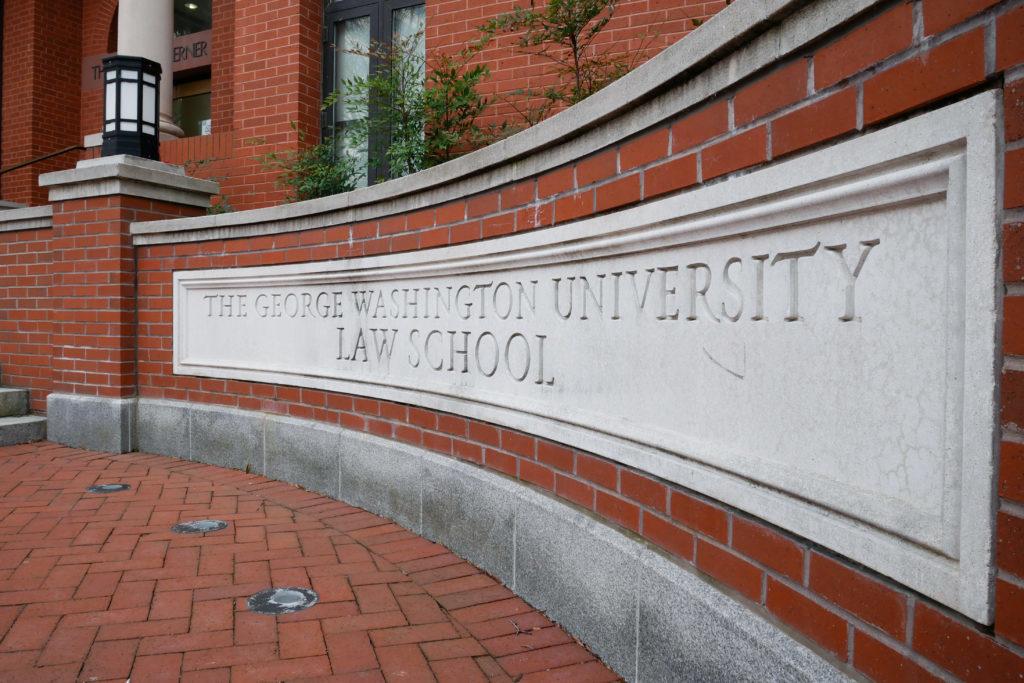GW Law provided training to federal government employees earlier this month on how artificial intelligence is related to national security and data privacy.
The trainings are a part of the AI 2024 Training Series, which the General Services Administration launched to comply with President Joe Biden’s Executive Order on the Safe, Secure, and Trustworthy Development and Use of Artificial Intelligence, which established guidelines in October 2023 for federal agencies on how to invest in educating employees on AI and required agencies to appoint Chief AI Officers to oversee AI initiatives. The executive order and the trainings are part of Biden’s initiative to establish a government-wide effort to responsibly use AI in the federal workforce.
“This kind of interdisciplinary public interest work showcases the expertise of GW’s faculty as well as our deep and continued relationship with the federal government,” Provost Chris Bracey said in a University release.
The training series — which will consist of Zoom trainings for federal employees — is divided into three tracks: acquisition, technical and leadership and policy. The law school will lead the acquisition track, which will focus on training employees on how to manage AI systems and how to acquire AI businesses, according to the program website. The technical track is led by Stanford University, and the leadership and policy track is led by Princeton University.
According to the training series website, the acquisition training that the law school is leading consists of seven Zoom classes spanning from Sept. 4 to Sept. 25 and includes classes, like “Building AI Government Contracts” and “Developing a Long-Term AI Acquisition Strategy.”
AI acquisition or procurement refers to when a company or the government obtains an AI business through a merger or buyout. The law school has the oldest program on procurement law in the country, which deals with the legal regulations for these acquisitions.
“I am proud to see our GW Law colleagues share their formidable expertise on government procurement and AI—in furtherance of a federal statute and an executive order no less—and use their platform to make an impact by equipping our nation’s federal workforce to deploy artificial intelligence and machine learning ethically, effectively, and with excellence,” law school Dean Dayna Bowen Matthew said in the release.





